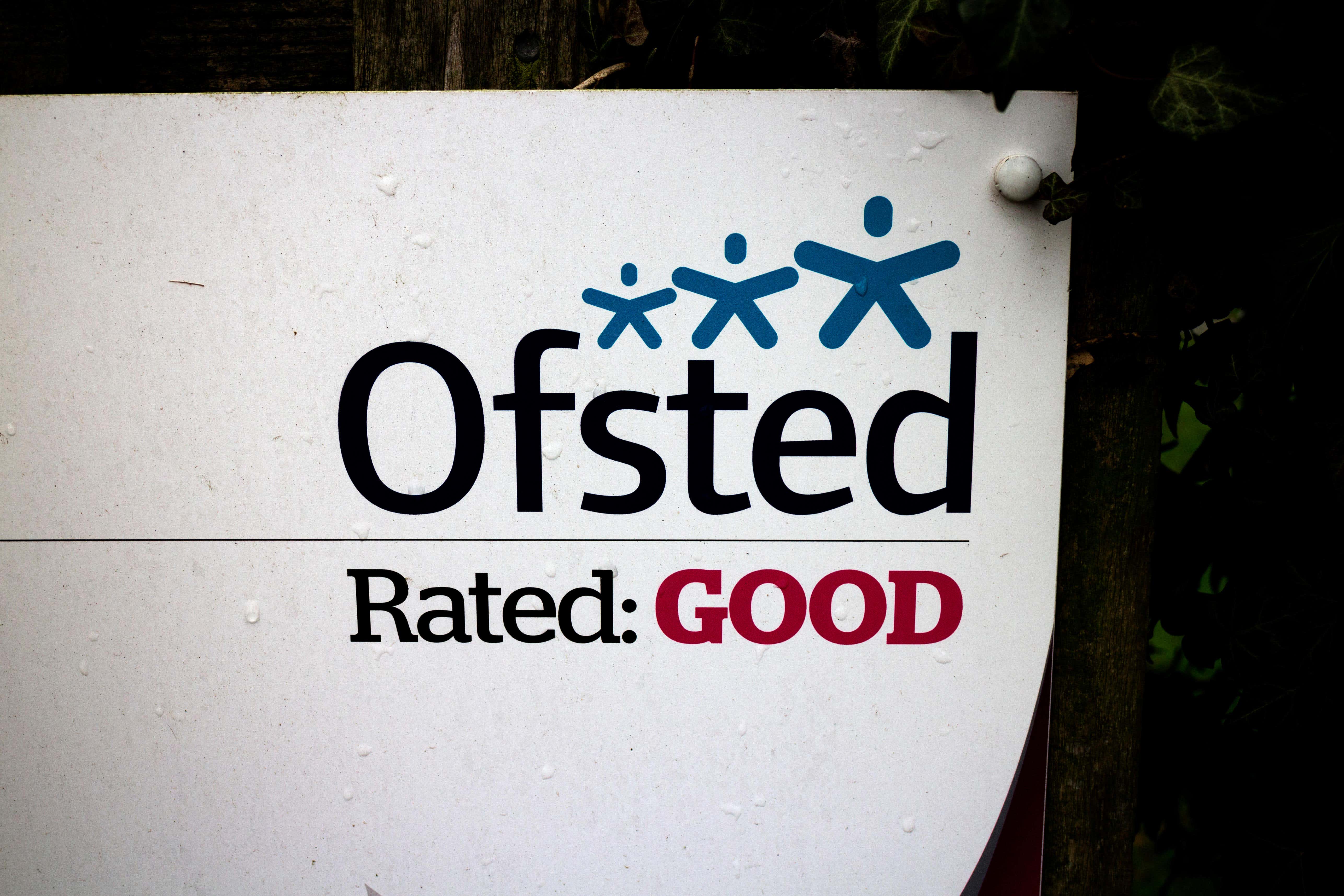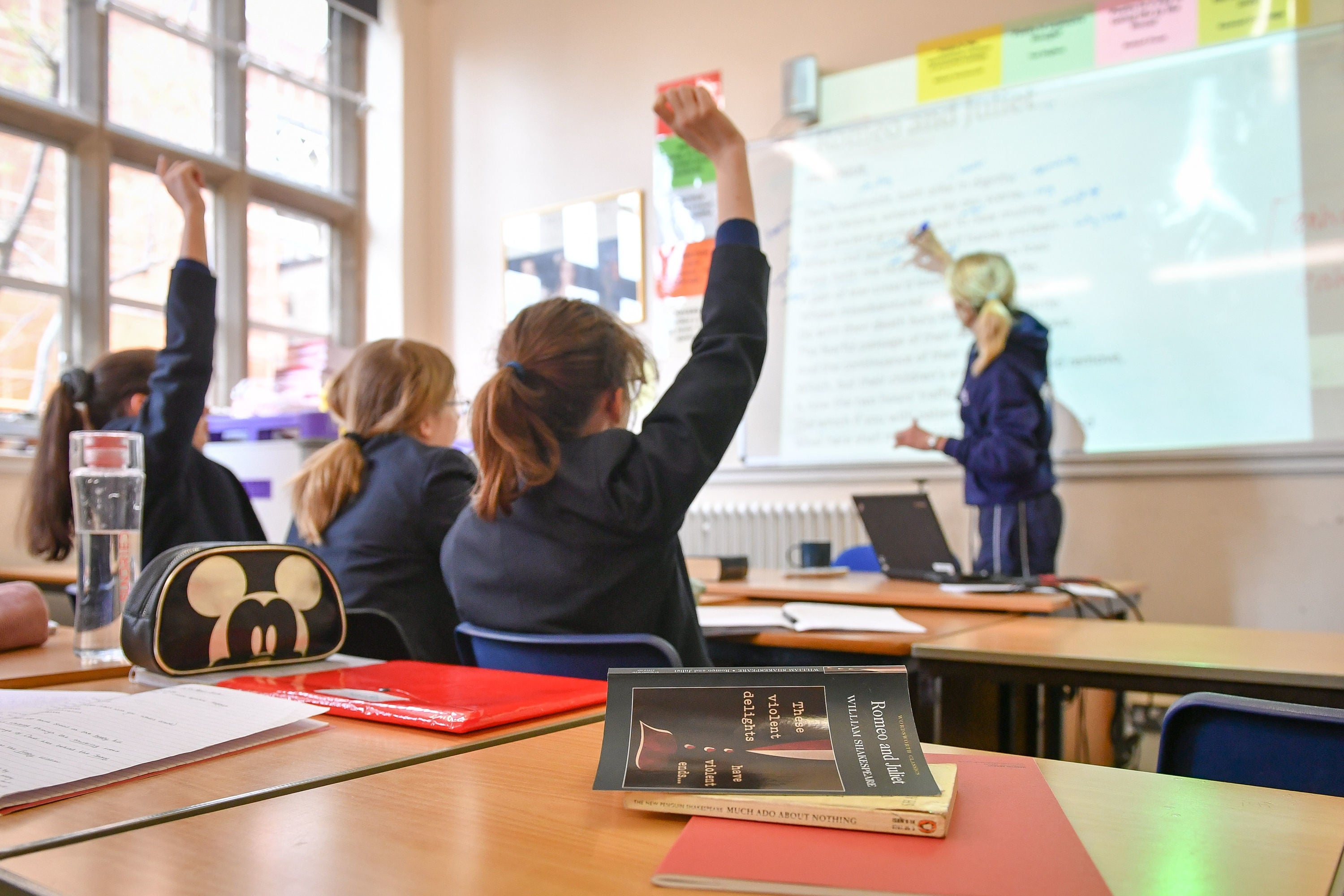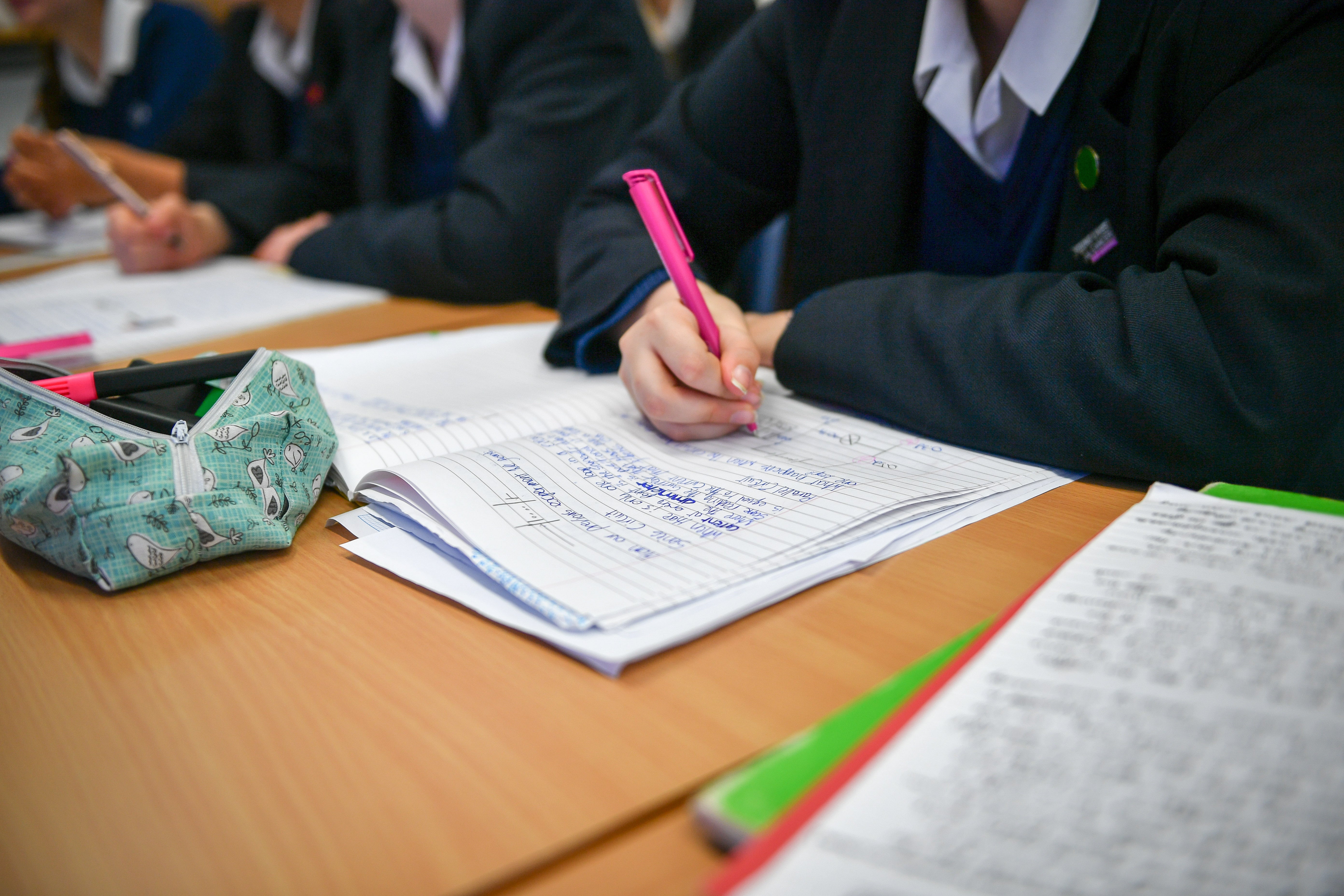Teachers speak out as damning survey reveals 90 per cent don’t back Ofsted
The damning poll comes as the inspection system comes under continuous scrutiny

Teachers have spoken out about the “vast and unnecessary pressure” Ofsted has put on staff after four out of five said a new inspection system should be rolled out.
A new poll from the National Education Union (NEU) revealed that 62 per cent felt Ofsted had caused them mental ill-health while 59 per cent say it affects their home life.
Of the 4,500 state school teachers surveyed, 90 per cent said they do not believe single-word judgments are a fair reflection of a school’s performance.
As a result, teachers will vote on whether the NEU, the largest teaching union in the UK, should lobby political parties ahead of the next general election to endorse its campaign to “replace Ofsted”.
It comes as the current system comes under continuous scrutiny following the suicide of headteacher Ruth Perry after an unfavourable Ofsted report and a growing dissatisfaction amongst teachers.

Nick Wigmore, a primary school teacher from Rochdale, told The Independent that he has spent “an awful lot of time” supporting colleagues who have been affected by the current system.
“In some cases, people are unable to work due to the stress and anxiety,” the 51-year-old said. “It’s caused by a combination of workload and pressure. When you trace these things back they very often come from pressures Ofsted cause.”
He added: “I’ve got countless examples of conversations where teachers and senior leaders in schools have been in tears talking about the impact Ofsted has on their working and home life alike.”
He made clear that teachers calling for the abolition of Ofsted are by no means calling for an end to accountability but are instead hoping for a fairer and more productive system.
Ofsted turns up every four to five years to provide one-word judgements and cause distress
“Ofsted turns up every four to five years to provide one-word judgements and cause distress. It’s a system that doesn’t work,” he said.
“Hours and hours are spent playing to this accountability game which is meaningless and teaching and learning but teachers feel like they have to do.
“It’s really difficult to find evidence to suggest that Ofsted inspections do anything to improve teaching or education incomes - but there is lots of evidence pointing to the fact that Ofsted have a negative impact on the workforce.”

He added that while abolishing Ofsted wouldn’t make teaching any easier, it would remove a “fundamental threat” to staff retention and education that “hangs over every teacher and support staff”.
Another teacher, who wished to remain anonymous, told The Independent the pressure Ofsted inspections place on teachers is “crushing” and results in a “huge workload physically and mentally”.
The languages teacher said that the reality of the criteria means schools are often developing time-consuming initiatives that “look good, but rarely have any real impact on children”.
She said: “I don’t think anyone wants unmonitored schools. Obviously, as a public sector there has to be checks but the current Ofsted system just doesn’t work.”

The NEU survey suggests only 3 per cent of teachers believe Ofsted acts as a “reliable and trusted arbiter of standards” and just 4 per cent believe it acts independently of Government.
More than four in five (82 per cent) agreed with a statement that said Ofsted has so many problems that it “would be better to start afresh with a new system of inspection”.
One respondent said: “Ofsted has created toxic environments, resulting in damaging pressure on staff and ending the careers of excellent staff.”
Another respondent, who cried after speaking to an Ofsted inspector in the last academic year, said: “I was absolutely petrified that I would say something wrong and let the school and my colleagues down.
“I felt so stressed and overwhelmed by the process.”

Daniel Kebede, joint general secretary of the NEU, said Ofsted is “out of touch and out of favour” with teachers.
He added: “No amount of rebranding will eradicate the entrenched view that Ofsted’s days are numbered. If it ever commanded respect, those days are now long gone.
“Single-word judgments are destructive and wrong, and our members agree. But the faults of Ofsted run much deeper. There are serious wellbeing concerns, brought to stark public attention last year.”
Mr Kebede added: “Only root-and-branch reform can bring an end to the tyranny of inspection.”
An Ofsted spokesman said: “We inspect schools on behalf of children and their parents, but we are very mindful of the pressures on school staff.
“We have already made several changes to inspection over the last year, focused on school leaders’ and staff welfare. But we have promised to go further to strengthen confidence in our work.”
A Department for Education spokesman said: “Our plan to ensure every child benefits from a world-class education is working with 90% of schools now judged to be good or outstanding, up from 68% in 2010.
“Ofsted is central to driving forward that improvement. Their independent inspections are vital to ensuring children are safe in school, parents are informed, and the department is able to intervene where strictly necessary.”
Both the DofE and Ofsted highlighted the Big Listen, which launched last month to hear from parents, teachers and education experts to understand where more improvements can be made
Join our commenting forum
Join thought-provoking conversations, follow other Independent readers and see their replies
Comments
Bookmark popover
Removed from bookmarks